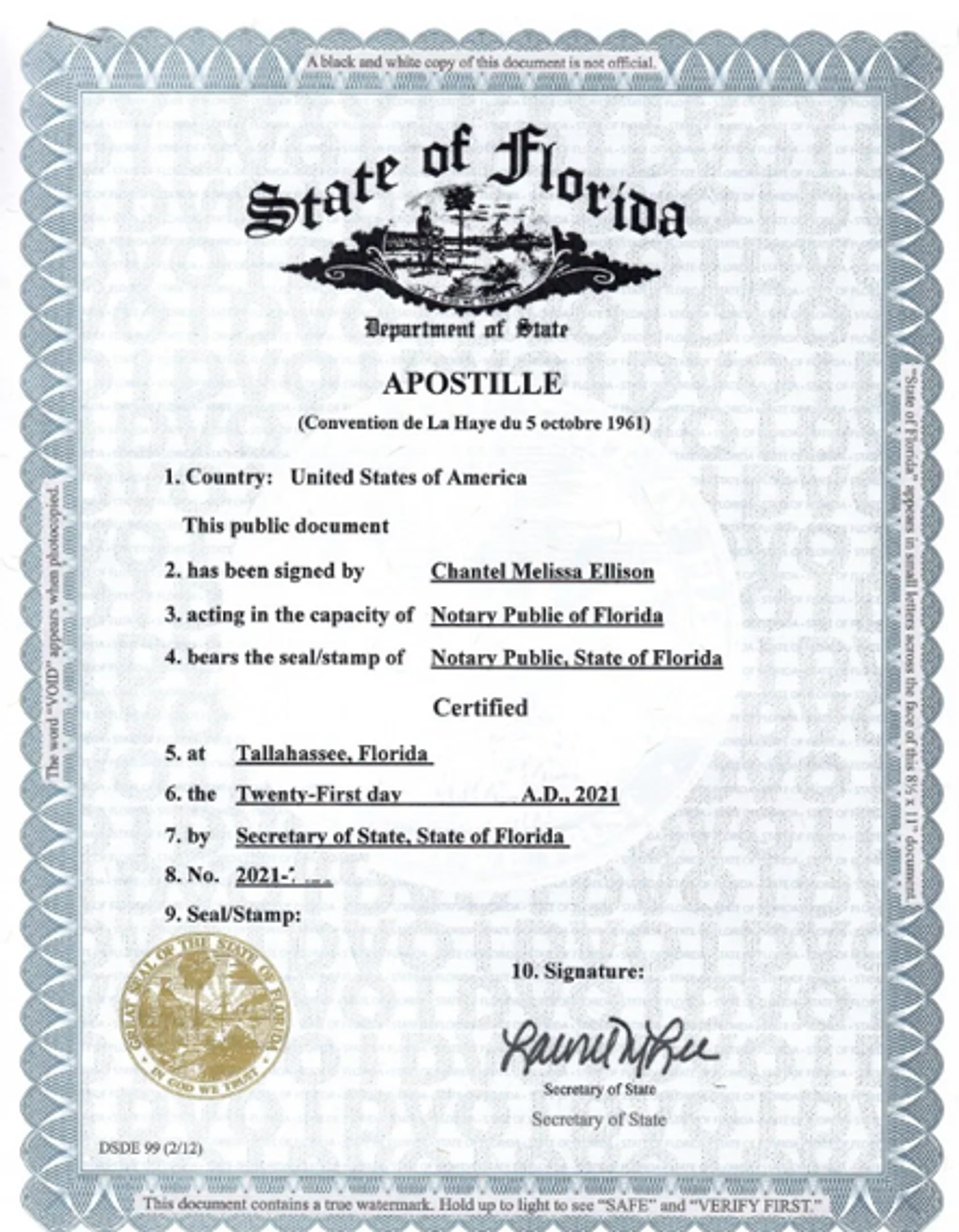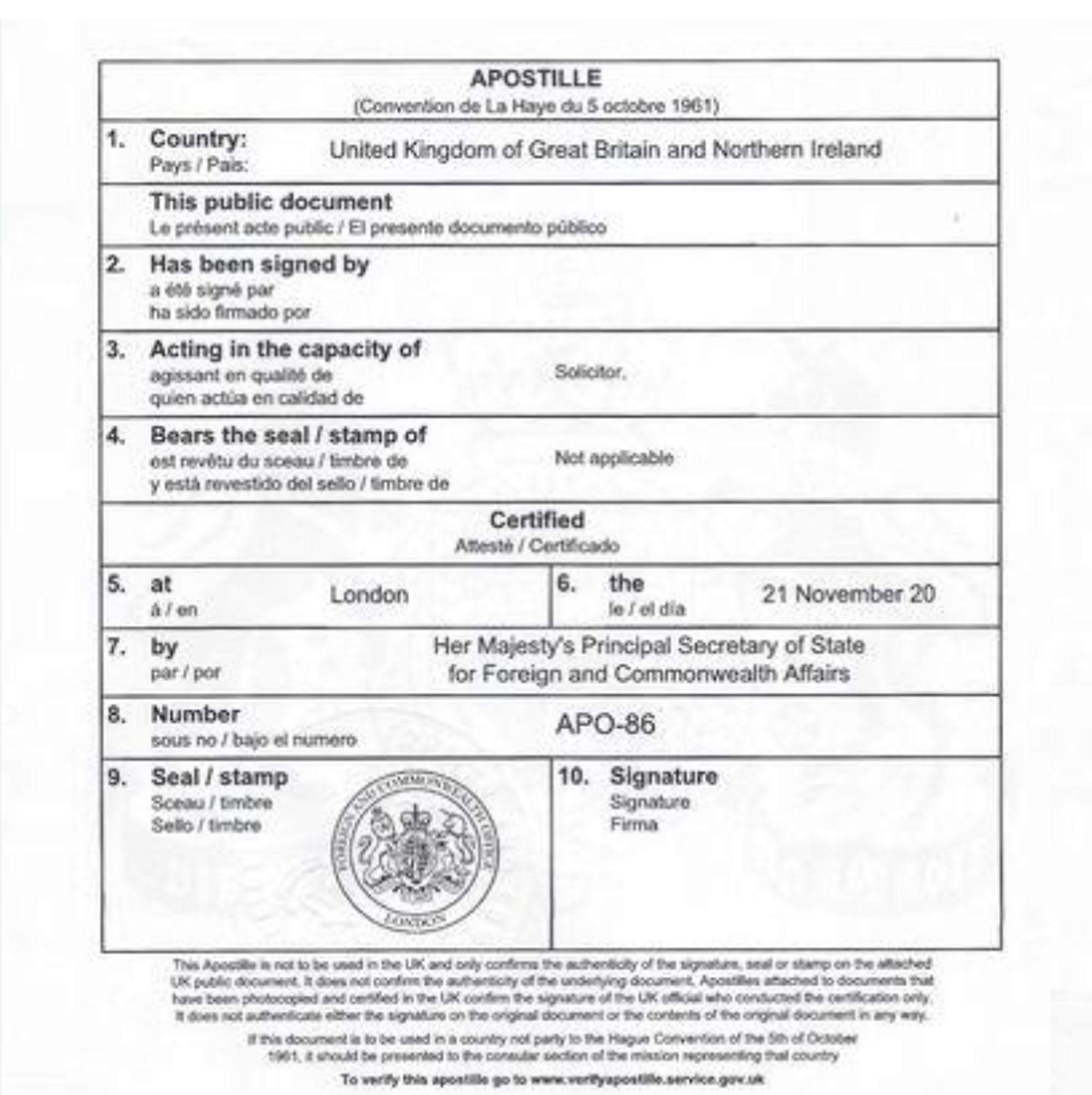What is an apostille?
An apostille is a type of certification used to validate the authenticity of a document for international use. It is a form of simplified authentication that is recognized by countries that are party to the Hague Convention Abolishing the Requirement for Legalization of Foreign Public Documents.
The purpose of an apostille is to streamline the process of verifying documents when they are presented in a foreign country. It eliminates the need for additional authentication or legalization procedures, which can be time-consuming and costly.
When a document is issued in one country and needs to be presented in another country that is part of the Hague Convention, the issuing country can attach an apostille to the document. The apostille serves as a confirmation that the document is genuine and has been issued by the appropriate authority.
The apostille itself is a separate certificate or attachment that is typically placed on the document or attached to it. It includes specific information such as the country where it was issued, the name of the person or authority who signed or sealed the document, the capacity in which they acted, the date of the apostille, and a unique identification number.
It’s important to note that an apostille is only recognized by countries that are party to the Hague Convention. If a country is not a member of the convention, different procedures may be required for document authentication.
How does it look like?


Each state and country have different ways and requirements to get an apostille.
What happens if my country of origin is not part of the Apostille Convention?
In this case, you will need a legalization of the document.
Legalization of documents is a process that validates the authenticity of a document issued in one country that is not a party to the Hague Convention (Apostille convention). Unlike the simplified procedure of obtaining an apostille, legalization typically involves a more complex and multi-step authentication process.
The purpose of document legalization is to ensure that the document is recognized and accepted as valid in the foreign country where it will be used. Since the country of destination does not automatically recognize the document issued by another country, additional steps are required to verify its authenticity.
The legalization process usually involves the following steps:
- Notarization: The document is first notarized by a notary public or a similar authorized official in the issuing country. This step confirms that the document was properly executed and signed by the relevant parties.
- Authentication: After notarization, the document is sent to the appropriate government authority or agency in the issuing country. This authority will authenticate the signature and seal of the notary public or the issuing authority. This step ensures that the notary public’s credentials are valid and recognized.
- Consular Legalization: Once the document has been authenticated by the issuing country’s government authority, it is then submitted to the consulate or embassy of the country where it will be used. The consular office will verify the authenticity of the document and attach a legalization certificate or stamp to confirm its validity.
The exact requirements and procedures for document legalization can vary depending on the specific countries involved. It’s important to consult the embassy or consulate of the country where the document will be used or seek legal advice to understand the specific requirements and processes involved in each case.